- Home›
- Healthy Living›
- 7 Vegetables That Are Rich In Protein And Should Be A Part Of Your Diet
7 Vegetables That Are Rich In Protein And Should Be A Part Of Your Diet
By: Kratika Maheshwari Mon, 28 Nov 2022 11:49:41
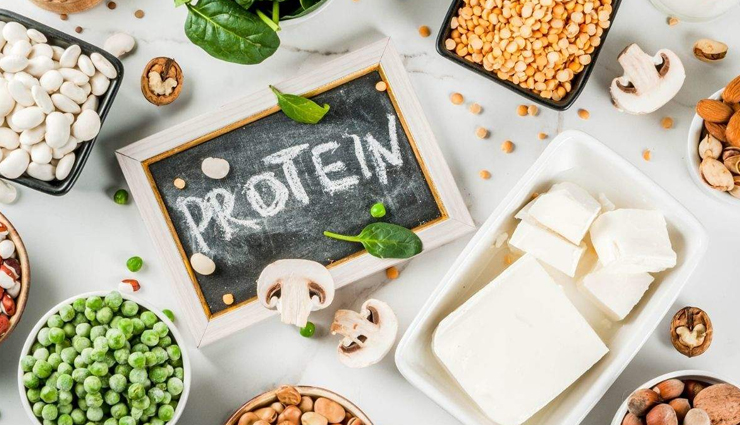
Most popular sources of proteins are of animal origin but if you have chosen to lead a life that’s cruelty-free, you would be pleasantly surprised at the variety of proteinaceous veggies. You can give protein supplements a pass if you consume real vegetables that are rich in proteins and other nutrients on a daily basis.
Maintaining a daily intake of proteins is crucial for strengthening the skeletal system, carrying out important bodily processes, rejuvenating the body and boosting immunity. This is primarily the reason why your mom instructed you to have your veggies. Without much ado, here are 7 high-protein veggies for everyvegetarian or vegan out there.
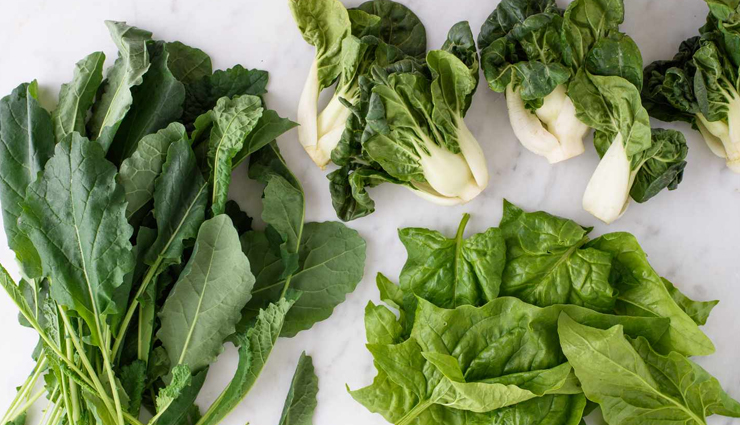
# Leafy Greens
Green leafy vegetables are powerhouses of nutrition. Including at least, one leafy green is a must if you are keen on giving your body some much-needed protein.100 grams of raw broccoli will give you about 2.8 grams of protein. Boil it before cooking to increase its protein content. It can be used in yummy salads, soups, and veggie patties.
There’s a solid reason why even Popeye couldn’t resist spinach and that’s because of its high protein content. You can get about 3 grams of protein from 100 grams of cooked spinach. Its neutral flavors make it a versatile addition to almost any savory dish.
Although brussels sprouts could taste a bit too strong for some, having just 100 grams can give you 3.4 grams in one go.Collard greens are also ideal choices for vegans who are looking for proteinaceous veggies. 100 grams of it contains 2.5 grams of proteins.
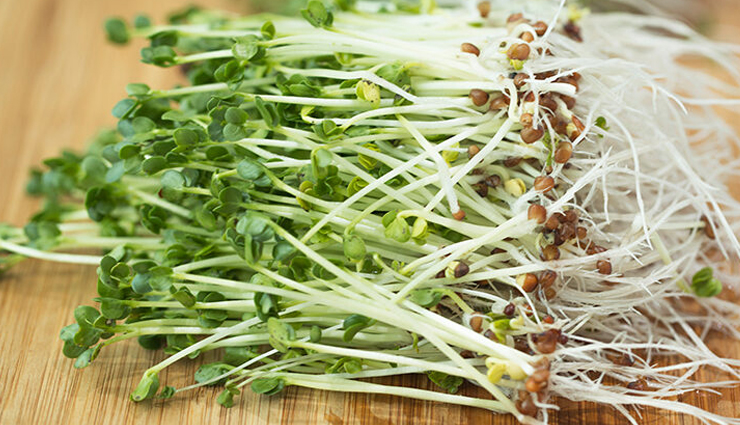
# Sprouts
If sprouts are not a part of your staple diet, it’s high time you included them. Sprouted grains and legumes have fiber, proteins, vitamins, and minerals in a more concentrated form in comparison to the non-sprouted ones. 1 cup of cooked mung sprouts gives you 14 grams of proteins. A cup of cooked alfalfa sprouts can give you about 4 grams of proteins.
Sprouted dried peas, also known as split peas, provide 10.6 grams of protein per half cup. One cup of soybean sprouts will give you 9 grams of protein.Lentil sprouts can give 6.9 grams of protein per cup. Having a cup of fresh kidney bean sprouts serves you with 7.7 grams of proteins. Sprouted navy beans will give you 6.4 grams of protein per serving.
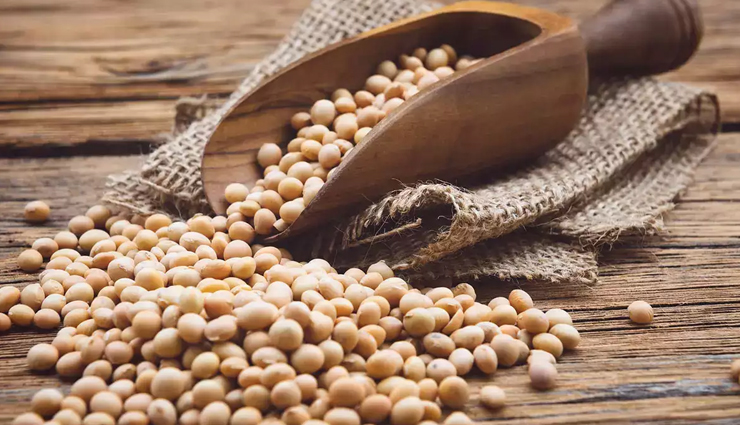
# Soybeans
Considered as one of the top sources of vegetable protein in the plant kingdom, a cup of soybeans can provide you with 29 grams of protein. You can include products containing soy like tofu or soy milk if you don’t find the beans. Scientific studies have proven that men should consume soy products in moderation as it can cause a decrease in sexual development and fertility due to its high content of plant estrogens.
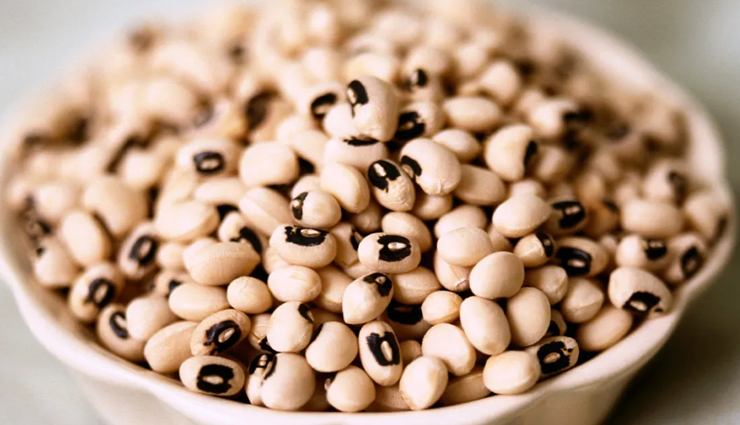
# Black-Eyed Peas
Although these humble peas cannot make you groove like the popular music band of the same name, they can make you feel good from within, nonetheless. This is due to their ability to fight inflammation, improve digestion, lower high blood pressure and prevent anemia. They can supply you with 7.7 grams of protein per cup thereby serving as nourishing sources of proteins for vegans.
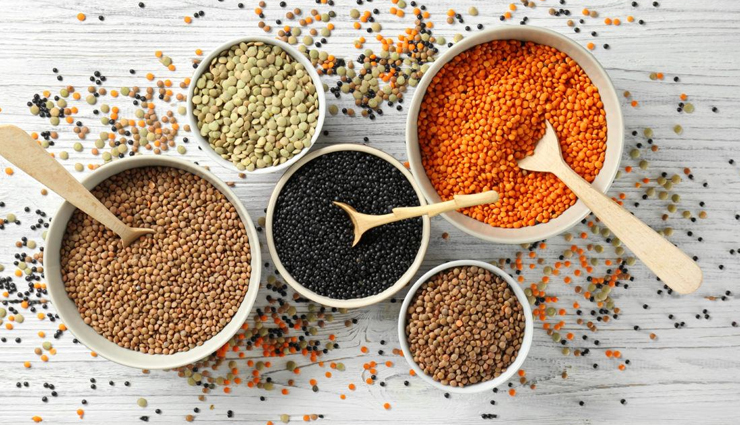
# Lentils
Lentils are not only easy on the eyes due to its vivacious colors but are extremely nutritious too. They are ample sources of fiber, folate, vitamin B1, iron, and proteins. Each cup of lentil can give you about 18 grams of protein. Since centuries, they have been an indispensable item in a vegetarian’s diet.
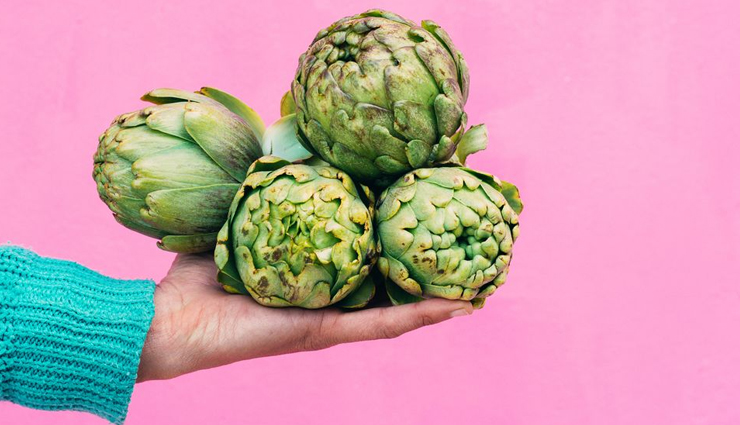
# Artichokes
A medium-sized artichoke can give you about 4 grams of proteins. In addition to being surplus with proteins, they are considered to be one of the healthiest veggies on earth. They have antioxidants that are capable of lowering the risk of chronic diseases and cancer. They can also enhance the functioning of your immunity and vital organs.
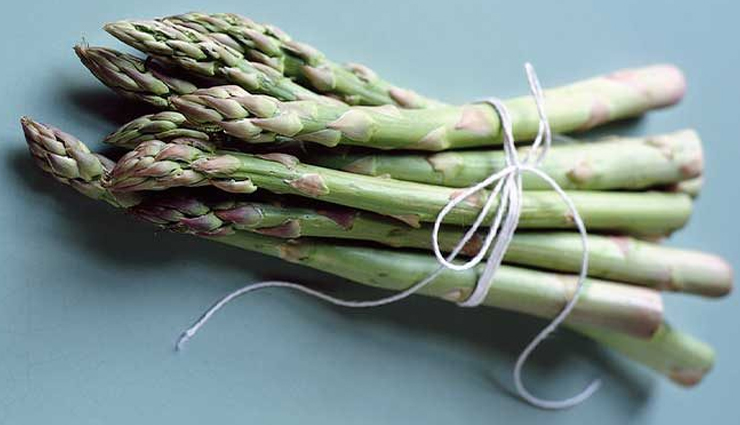
# Asparagus
Green spears of asparagus are nutritive sources of proteins. 100 grams of it can give you about 2.4 grams of essential proteins. It’s also one of the best reservoirs of vitamin K, potassium and antioxidants.





